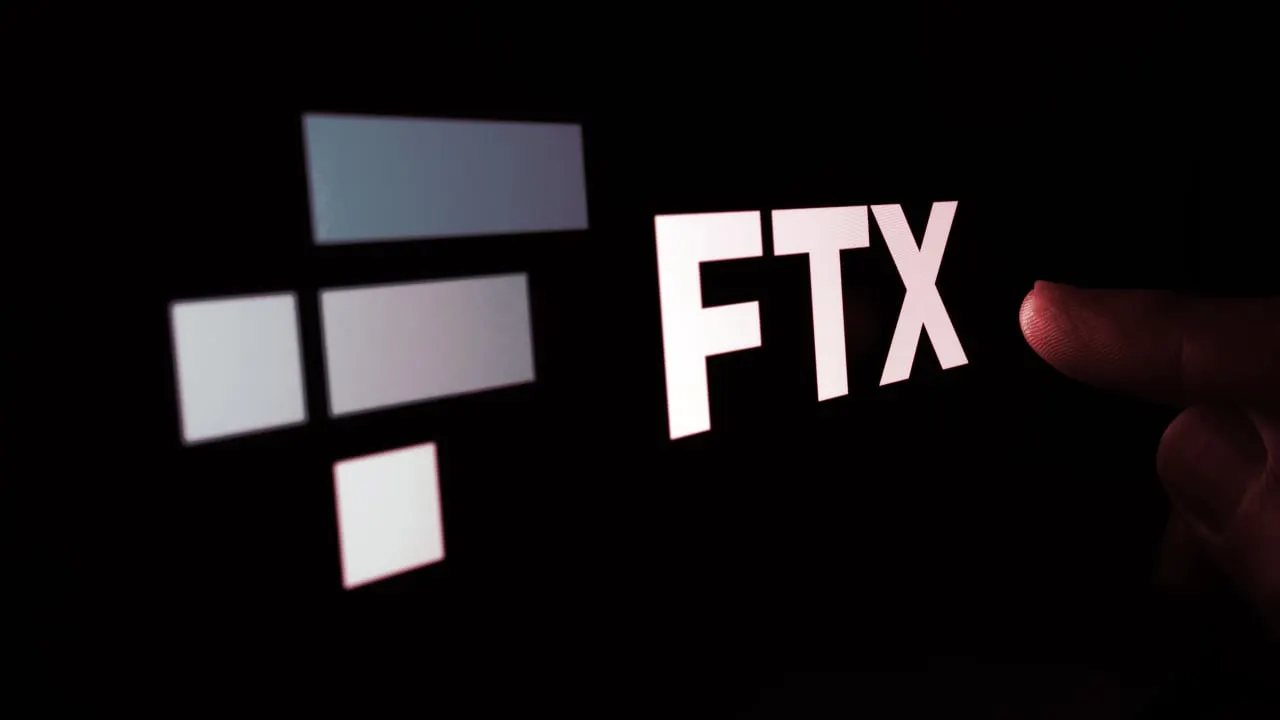Are you an FTX victim? Better call the Feds.
Or at least visit the website they’ve set up to distribute information about their criminal case against FTX founder Sam Bankman-Fried.
On Friday, U.S. Federal prosecutors filed documents in Manhattan asking permission to use a website to communicate with people who lost money in FTX’s spectacular collapse. U.S. District Judge Lewis Kaplan, who’s overseeing the case, approved it the same day.
According to FTX's bankruptcy filing on November 11, it owes money to more than 100,000 creditors—but that excludes users of its crypto exchanges, FTX and FTX US. Including users in the count brings that number to more than 1 million people. Prosecutors argued it would be “impractical” to contact all of them one-by-one.
In criminal cases, prosecutors are required to notify victims ahead of plea or sentencing proceedings and allow them enough time to give testimony if they want to be heard.
“Based on the number of victims who provide such notice, the court will rule on the manner in which victims will be heard at such proceedings,” Kaplan wrote in his court order.
John Ray, currently CEO of FTX and overseeing its Chapter 11 restructuring, told the U.S. House Financial Services Committee during a hearing in December that “a small number of US customers,” were among the FTX.com users.
“We do know that there were 2.7 million users in the U.S. silo, which again is overstating the customer relationships because people had multiple trading accounts,” Ray said in his testimony. “In the [FTX.com] silo, we had over 7.6 million users—again, overstating the actual customer relationships due to the multitude of accounts by any particular customer. So we need to get to the bottom of those customer numbers. But it’s unlikely that many of them will be able to appear at the Manhattan court in person.”
In fact, an analysis of monthly active user data by CoinGecko estimates that South Korea, Singapore and Japan account for 16% of all the traffic going to FTX.com before it was shuttered. Although the website was set up to automatically detect if a user was in the U.S. and redirect them to FTX US, the company’s U.S.-based arm, customers in the states still accounted for 2% of all traffic.
To be clear, the Department of Justice’s criminal case against FTX founder Sam Bankman-Fried in the Southern District of New York is completely separate from the bankruptcy proceedings that have been underway in Delaware since November.
U.S. prosecutors hit Bankman-Fried with eight criminal charges on December 9 (and unsealed the indictment on December 13), including wire fraud and conspiracy to commit money laundering, a day after he was arrested in the Bahamas. He was extradited to the U.S. on December 21 and appeared in Manhattan to plead not guilty on all the criminal charges he’s facing.
Federal prosecutors also charged ex-Alameda Research CEO Caroline Ellison and FTX co-founder Gary Wang, although both have pleaded guilty and been cooperating with investigators in their case against Bankman-Fried.
In FTX’s bankruptcy case, there have been signs that those millions of creditors and users are getting impatient.
Earlier this week, the Ad Hoc Committee of Creditors of FTX Trading, represented by law firm Venable, objected to FTX’s request for more time to compile a detailed account of its assets and liabilities.
FTX initially asked for a deadline extension on November 17, bumping the due date back to January 23. Then on December 21, FTX submitted another filing asking the deadline to be moved back to April 15.
But the ad hoc committee doesn’t believe the extra time will make a difference.
“It does not appear that the Debtors will ever be able to reconcile their pre-petition books and records (or, more likely, create them in the first instance) and file accurate schedules and statements in these Chapter 11 cases,” attorney Daniel O’Brien wrote in the objection, “and they do not say as much in the motion, supplement, or any of the declarations. There is no reason to extend the deadline under these circumstances.”
He went on to argue that in the Celsius bankruptcy case, the company considered all account holder claims to be against all the debtor’s entities so that it could proceed, leaving the resolution of which specific business owes a claimant money for later.
A similar solution could be helpful in FTX’s bankruptcy proceedings, O’Brien wrote, especially since the company will “likely never be able to file accurate Schedules and Statements under the circumstances.”

